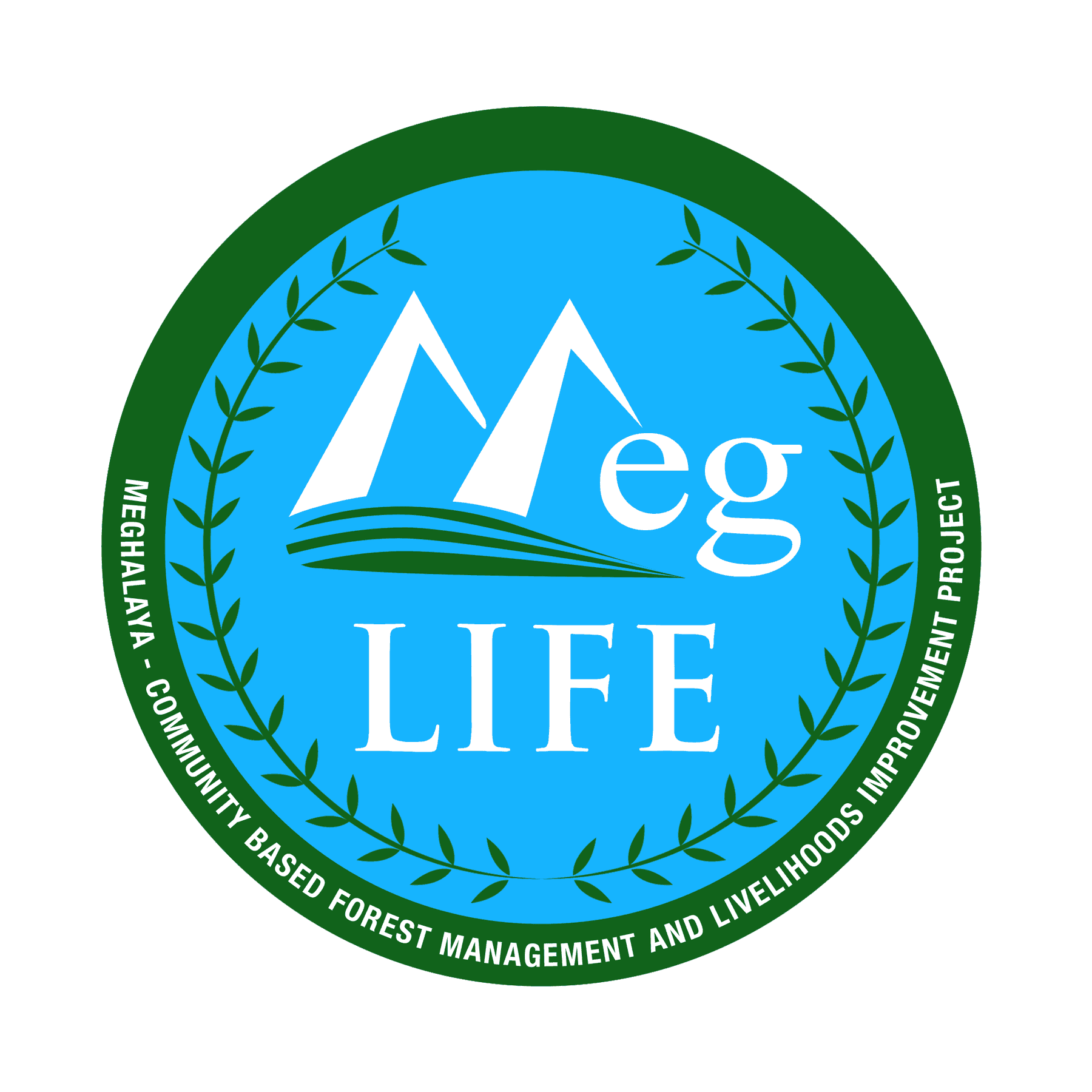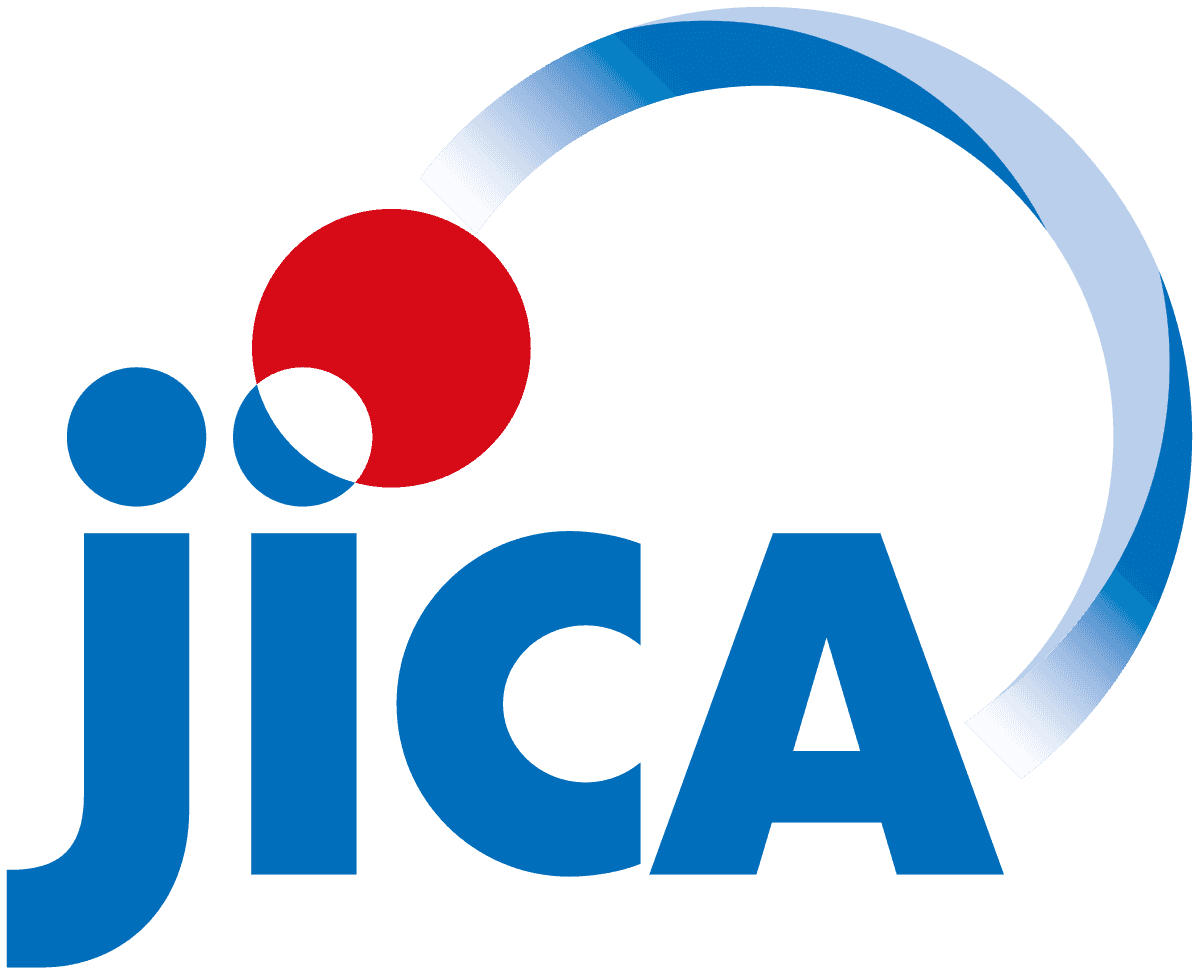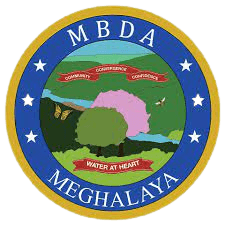%20activities.jpg)
The Project will undertake Self-help Group (SHG) activities which are consisted of two types:
- 1. micro-credit activities
- 2. income generation activities (IGAs)
Selection of SHGs in Each Selected Village
Both micro-credit and income generation activities will be undertaken by the SHG selected by the Project. The Project will need to make the guidelines, including selection criteria for SHGs, in prior to the implementation of SHG activities. The SHGs which work on potential crops or products and have expertise and skills might be more preferable as target groups. However, in the case there is no existing SHG in the selected village and SHGs will be newly established, the Project should suggest that socio-economically disadvantaged groups of people, such as widows and people with disability, should be involved in the SHG. Under the SHG activities, the Project will select two SHGs per village.
Micro-credit Activity
Accessibility to financial services, including micro-credits, is essential for anyone to start up or scale up her/his business. Thus, the Project will undertake micro-credit activities for the members of selected SHGs at the village level. Selected SHGs are supposed to open their bank account where they will save the deposit collected by them on a weekly or monthly basis. After the deposit reaches a certain amount, any member of the SHG will be able to take loan from their deposit if she/he makes a business plan and other members accept it. The Project/BPMU and community facilitators will need to carefully check if the money borrowed is really used for a members business, not for her familys living cost or for her husbands sake.
Key Activities
- Providing Revolving Fund per Village
- Training/workshop on Micro-credit Activity
Income Generation Activities (IGAs)
The types of IGAs can vary by selected SHGs. Based on the characteristics of agriculture and land tenure system in the state, the Project can categorize the possible types of IGAs into following three models.
Model 1 (Forest-based activities):
SHGs whose members have access to an individual or community forests are target of this model. In addition to SHG members, VPIC members who are interested in the activities are also able to participate. They are supposed to plant seedlings of multi-purpose tree species, fast growing species, and fruits trees/cash crops all together in forest area as agro forestry. Agroforestry is also recommended for restoration of shifting cultivation, as this can contribute to restoring soil fertility and regenerating plants in the forest. They can earn income by selling seedlings if they make a nursery. Production of non-Timber Forest Products (NTFP) is another activity under Model 1.
Model 2 (Integrated Farming System, IFS):
IFS, a combination of cultivation of cash crops, animal rearing, and aquaculture, targets members of a SHG who own some land. Under IFS, the members of a SHG can utilize waste of harvested crops as feed for animals, and manure of animals can be utilized as organic compost for cultivating cash crops and as feed for fish. This can also contribute to an increase in productivity of the crops.
Enterprise Development Activities
The Project/SPMU will consider the possibility of micro, small, and medium enterprise (MSME) development. If there is potential for any field, the Project/SPMU will promote to develop MSME in that field.The possible fields and procedure for MSME development are described below.
Feasibility Studies & Pilot Projects for Enterprise Development
In addition to IGAs, the Project/SPMU will consider the potential of MSME development in a couple of possible fields, including bamboo processing or crafts, rural tourism, and milk production. Bamboos are available across over the state, and bamboos in a processed and raw condition are utilized in diverse ways, such as for a fence, construction material, furniture, baskets, and other crafts. Similarly, there are many spots with outstanding nature which have not been developed, but can be utilized for rural tourism or ecotourism in the state. Moreover, potential for enterprise development in milk production is high because demands for milk are high, but production is limited.
In order to develop MSME and/or society in any of these fields, the Project/SPMU will need to conduct feasibility study and market research on each possible field at the initial stage of the Project. Since detailed data on present conditions are not available in any field, the Project/SPMU should first conduct a detailed study and look into the feasibility of any possible field for the implementation of pilot projects in any two to three villages where villagers have access to raw materials, skills and knowledge, and connectivity to the market. Through market research, the Project/SPMU will do SWOT analysis of the state, that is strengths, weaknesses, opportunities, and threats, in each of the possible fields for MSME development. The Project/SPMU will also need to search available national or state schemes/missions in terms of not only technical supports, but also investment opportunities or financial supports by Commerce and Industries Department and Cooperative Apex Bank or private banks.
Based on the results of the feasibility study and market research, the Project/SPMU will make a plan and undertake a pilot project per one Block. Pilot projects sites can be selected based on the availability of raw materials and supply chain, existing SHGs or skilled persons, and connectivity to the village road or motor able road as mentioned above. The pilot project can be implemented mainly by the Project/BPMU for two to three years and during the pilot project period, the Project/BPMU will facilitate the people of pilot sites to form and register as a company under Department of Commerce and Industries or a cooperative society under Department of Cooperation, depending on the purpose, size and feature of the business, and make a business plan at the initial stage of the pilot projection each field. In accordance with technical and financial needs assessment on each field for villagers in pilot sites, the Project/SPMU/DPMU/BPMU will also connect the villagers of the pilot sites to training institutions and the market, including traders, middlemen, and retailers/whole sellers. The Project/BPMU and DPMU will monitor the process of MSME development in each field and make a report on case studies about good and bad practices and the lessons learnt from them.


%20activities2.jpg)
%20ACTIVITIES1.jpg)
%20ACTIVITIES12.jpg)






